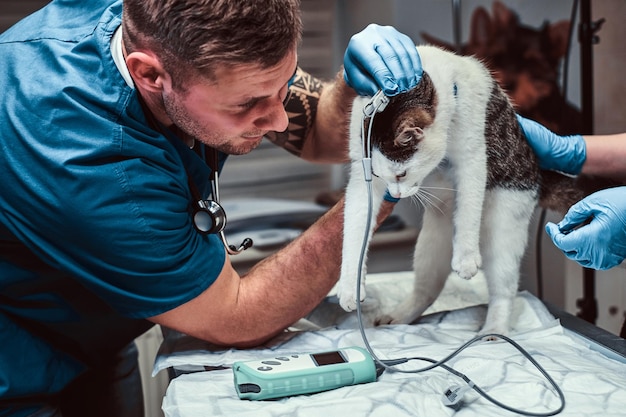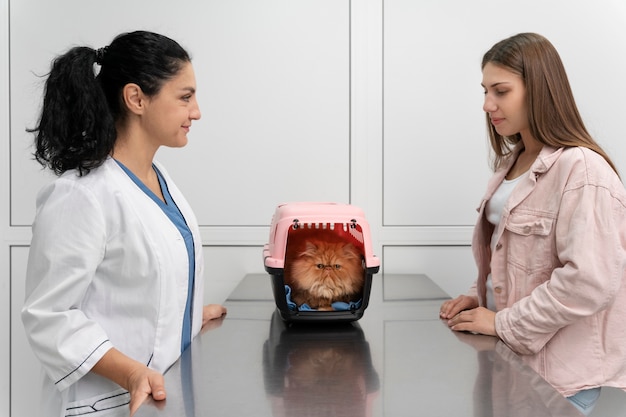Breathing Difficulties in Dogs: Symptoms, Causes, & Treatments


Breathing difficulties in dogs, also known as dyspnea, can be a distressing experience for both the pet and the owner. At Sandy Paws Animal Hospital, we understand how alarming it can be to see your beloved pet struggle to breathe. Recognizing the symptoms, understanding the potential causes, and knowing the available treatments can make a significant difference in your dog's health and well-being.
Symptoms of Breathing Difficulties in Dogs
Breathing difficulties in dogs can manifest in various ways. You may notice your dog breathing faster or slower than usual, or they may have labored breathing. In severe cases, your dog might extend their neck and tilt their head back to try to get more air. Other symptoms can include wheezing, coughing, blue or pale gums, and a frothy discharge from the nose or mouth. If you observe any of these signs, it is crucial to seek veterinary care immediately. At Sandy Paws Animal Hospital, our team is equipped to provide urgent care for such emergencies, ensuring your pet receives the attention they need.
Causes of Breathing Difficulties in Dogs
Breathing difficulties in dogs can result from a range of conditions. Respiratory infections, such as kennel cough or pneumonia, are common culprits. These infections can cause inflammation and fluid buildup in the lungs, making it hard for your dog to breathe. Allergies can also lead to respiratory distress, with triggers ranging from pollen to certain foods. Additionally, physical obstructions like tumors or foreign objects can block the airways, while conditions such as heart disease can lead to fluid accumulation in the lungs, complicating breathing.
Certain breeds are more prone to breathing difficulties due to their anatomical structure. Brachycephalic breeds, such as Bulldogs, Pugs, and Boxers, have shorter snouts and narrower airways, making them more susceptible to respiratory issues. Environmental factors, like exposure to smoke, dust, or chemical fumes, can also irritate the respiratory tract and contribute to breathing problems.
Treatments for Breathing Difficulties in Dogs
The treatment for breathing difficulties in dogs largely depends on the underlying cause. For respiratory infections, antibiotics or antiviral medications may be prescribed to combat the infection. Anti-inflammatory drugs can help reduce swelling in the airways, making it easier for your dog to breathe. In cases of allergies, identifying and avoiding the allergen is key, and antihistamines or steroids might be recommended to manage symptoms.
If a physical obstruction is causing the breathing difficulty, surgical intervention may be necessary to remove the blockage. For dogs with heart disease, medications to manage heart function and fluid buildup can alleviate respiratory distress. In all cases, supplemental oxygen therapy can provide immediate relief by increasing the oxygen levels in your dog's blood.
Preventative care is also crucial in managing and reducing the risk of breathing difficulties in dogs. Regular veterinary check-ups can help detect and address potential issues before they become severe. Maintaining a healthy weight, avoiding exposure to environmental irritants, and ensuring your dog is up-to-date on vaccinations can also contribute to better respiratory health.
At Sandy Paws Animal Hospital, we are committed to providing comprehensive care for your pet. Our experienced veterinarians and staff are dedicated to diagnosing and treating a wide range of respiratory issues, ensuring your dog can breathe comfortably and live a healthy, happy life.
If your dog is experiencing breathing difficulties, don't wait—contact Sandy Paws Animal Hospital today at (904) 278-0600 or visit us at 550 Wells Road, Suite 17, Orange Park, FL 32073 to schedule an appointment and ensure your furry friend receives the care they need.



















